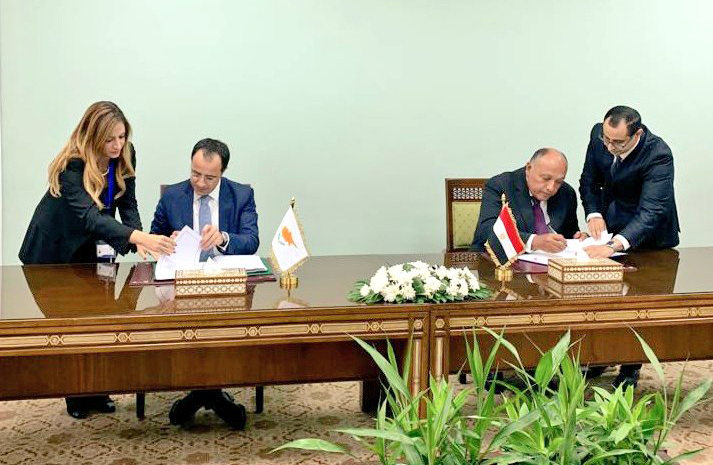On 8th October 2019 Cyprus agreed an updated Double Tax Treaty with Egypt (“the Treaty”). The signing of the Treaty took place in Cairo during the Trilateral Summit between Cyprus, Greece and Egypt. Signatory for Cyprus was Foreign Minister Nikos Christodoulides and his counterpart, Samir Shoukry, signed on behalf of Egypt. The revised Treaty will update the existing agreement which has been in force since March 1995. Details of the Treaty were published in the Official Gazette on 18 October 2019 and it is now undergoing the ratification process. The provisions of the Treaty will apply from 1st January of the year following ratification.
The Treaty has been amended to be in line with the OECD Model Convention for the Avoidance of Double Taxation on Income and with the UN Model Tax Convention. In order to protect the Treaty’s objectives, a ‘principal purpose test’ provision was added which is intended to ensure that the partner countries are able to combat the abusive use of the Treaty’s benefits by excluding transactions or arrangements designed for the principal purpose of obtaining benefits under the Treaty. The main provisions of the Treaty relate to dividend, interest and royalty income, capital gains and offshore activities.
For dividend payment out of Egypt, the Egyptian government will withhold tax at 5% if the beneficial owner of a share is an individual and a dividend is paid direct to them. A 5% rate will also be applied when the beneficial owner is a company which has held 20% of the share capital of the dividend paying company for a minimum of one year prior to the dividend payment. In all other cases a 10% withholding tax will apply.
The Egyptian authorities will apply a 10% withholding tax on interest income which is paid directly to the beneficial owner of the interest. A 10% withholding tax will also be levied on royalties paid to the beneficial owner of the income stream.
Cyprus does not withhold tax on outgoing dividend or interest payments. It will apply a 10% withholding tax on royalty payments only if they are used in Cyprus.
Under the Treaty a resident of either contracting country who makes a capital gain from the sale of shares (or similar) which at any time during the year prior to the sale, derived in excess of 50% of their value from immovable property situated in the other contracting country, may be taxed in the country where the gain occurs. Additionally, gains made from the sale of shares (or similar) may be taxed in the other contracting country if the seller has held 20% or more of the shares in the company. This includes both direct and indirect holdings and in both instances the disposal of shares in companies listed on an approved Stock Exchange is exempted.
Of most interest perhaps are the provisions regarding ‘offshore’ activities which encompass a variety of activities which would be associated with exploiting resources within the marine environment including natural gas extraction. If an enterprise from one contracting country carries out offshore activities in the other contracting country for an aggregate of at least 30 days in one fiscal year, it will be deemed to be carrying on business in the other contracting country via a permanent establishment. This will enable the other contracting country to tax the enterprise on any gains that it may make on the disposal of: exploration and exploitation rights; moveable property used in the offshore activities; and, shares deriving the greater part of their value from such rights or such moveable property.
It is believed that the revised Treaty will not only contribute to the further development of trade and economic relations between Cyprus and Egypt but will also enormously enhance the position of Cyprus as a preferred centre for increasing investments and fueling growth with Middle East and other EU member states
For more information please contact Elena Christodoulou or your usual contact at Elias Neocleous & Co. LLC.


